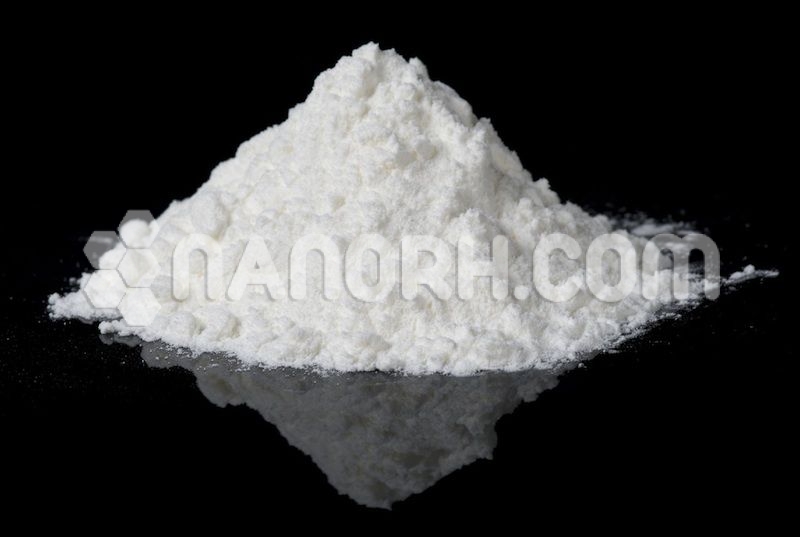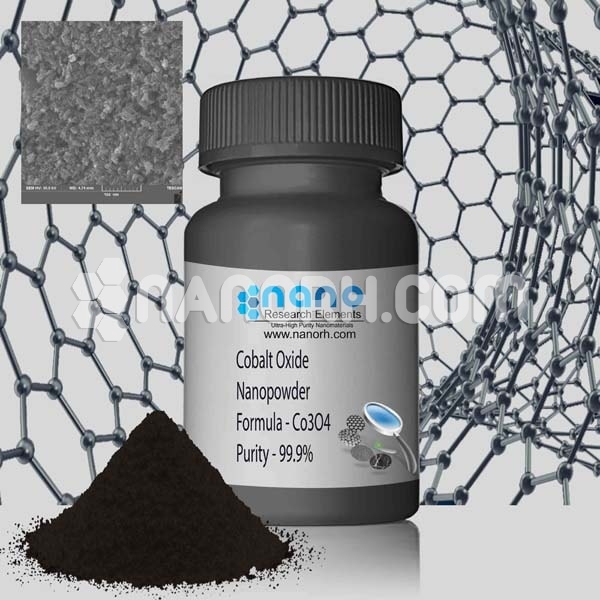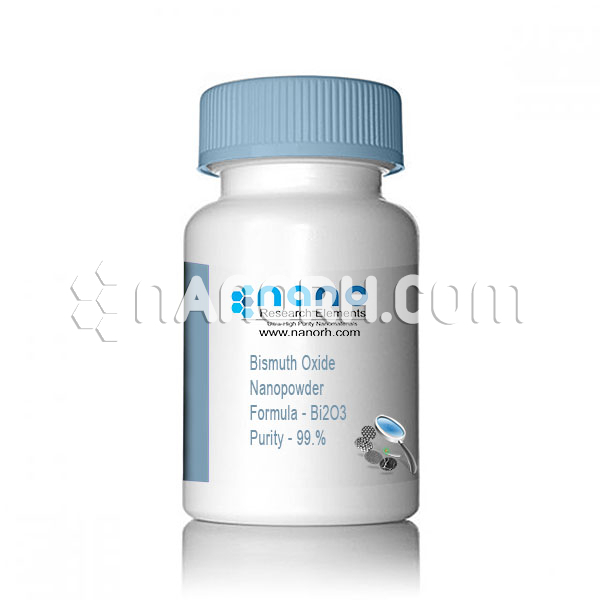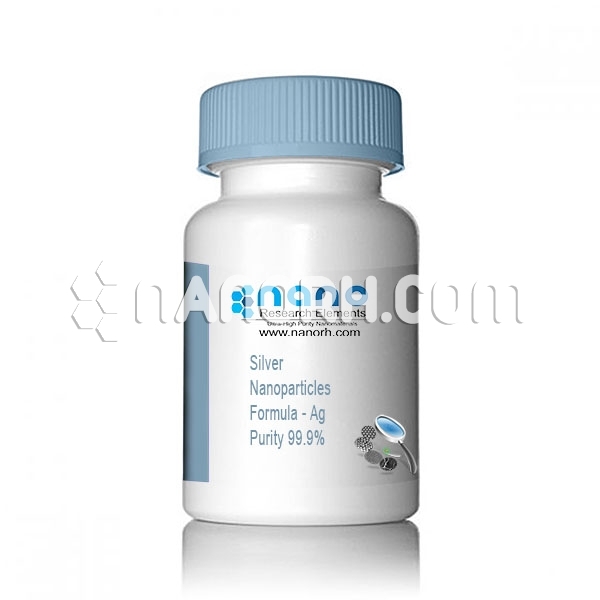| Thallium Nitrate Nanoparticles | |
| Product No | NRE-5223 |
| CAS No. | 10102-45-1 |
| Formula | TlNO3 |
| APS | <100nm (Can be Customized) |
| Purity | 99.9% |
| Color | Off-White |
| Molecular Weight | 266.39 g/mol |
| Density | 5.55 g/cm3 |
| Melting Point | 206°C |
| Boiling Point | 433 °C |
Thallium Nitrate Nanoparticles
Introduction
Thallium Nitrate nanoparticles is an inorganic compound formed by the combination of thallium and nitrate ions (NO₃⁻). Thallium, a heavy metal, is known for its toxicity and its ability to form various compounds with diverse properties. When thallium nitrate is reduced to the nanoparticle scale, it exhibits distinct properties such as increased surface area, reactivity, and chemical stability, which make it suitable for a wide range of advanced applications in fields like chemistry, electronics, sensing, and materials science.
Thallium nitrate nanoparticles are typically synthesized through methods such as precipitation, sol-gel processes, and hydrothermal synthesis, allowing for fine control over their size, morphology, and chemical characteristics. At the nanoscale, these nanoparticles offer enhanced properties, such as improved solubility, reactivity, and the ability to interact with a range of chemical substances.
Key Properties
High Surface Area:
Thallium nitrate nanoparticles exhibit a high surface area to volume ratio, which makes them highly reactive and efficient for applications such as catalysis, chemical sensing, and interactions with biological systems.
Chemical Reactivity:
The nitrate group in TlNO₃ gives the nanoparticles reactive properties, particularly in oxidation reactions. They can participate in redox reactions, making them useful in various chemical transformations and catalytic processes.
Optical Properties:
Some thallium compounds exhibit interesting optical properties such as luminescence or absorption characteristics under UV light. can be used in photonic devices, sensing, and imaging applications due to these unique properties.
Toxicity Considerations:
Thallium is highly toxic, and therefore, the handling of requires precautionary measures. However, when utilized in controlled environments, the nanoparticles can still be valuable in many advanced applications.
Potential for Functionalization:
The surface of thallium nitrate nanoparticles can be functionalized with various chemical groups or biomolecules to enhance their solubility, stability, and selectivity in specific applications.




